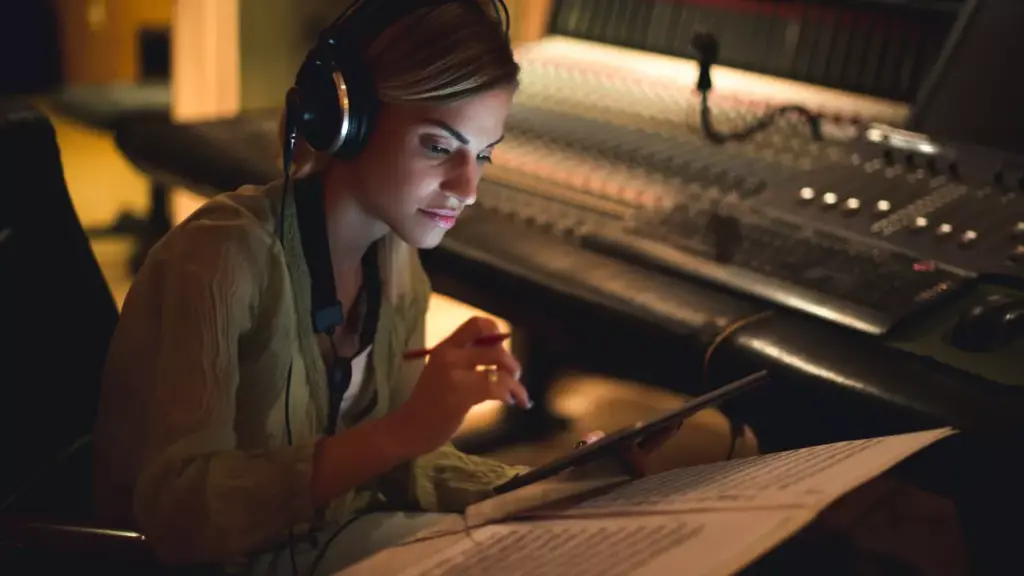What is Music Copyright?
Music copyright refers to the exclusive rights granted to creators for reproducing, distributing, performing, or creating derivative works from a musical composition. This protection covers both the melody and lyrics of a song, ensuring that the creator retains control over their original work.

The Role of Music Publishing
On the other hand, music publishing involves the production and sale of music in both printed and digital forms. A music publisher owns the copyright to a song’s melody and lyrics but does not own the underlying music used in its creation. Understanding the distinction between copyright and publishing is essential for anyone pursuing music business education.
Key Differences: Music Copyright vs. Music Publishing
- Ownership: A music publisher owns rights to the melody and lyrics, while the creator retains ownership of the underlying music.
- Monetization: To monetize your music effectively without touring, it’s crucial to grasp your copyright and publishing rights.
When is a Copyright Created?
A copyright is established as soon as a song is completed in the creator’s mind. Although registration with the Library of Congress is optional, it provides formal recognition of your rights. Registering your copyright is vital because it allows you to seek remuneration for any infringement of your rights.
Why Register Your Copyright?
Registering your copyright formally claims the rights due to you for creating original work. Without registration, pursuing past royalties or damages for infringement can be challenging.
Essential Rights Under Copyright
There are five basic rights associated with music copyright:
- Reproduction: The right to make copies of your work.
- Distribution: The right to sell or distribute copies.
- Performance: The right to perform your work publicly.
- Derivative Works: The right to create adaptations or remixes.
- Digital Transmission: The right to transmit your work digitally.
Types of Copyright
There are two primary types of copyright relevant to music:
- Performance Art (PA): This applies to ownership of the song itself but not the actual recording.
- Sound Recording (SR): This protects the recorded version of the song, ensuring that labels can recoup their investments in production.
Importance of Performance Rights Organizations (PROs)
Organizations like ASCAP and BMI play a crucial role in collecting royalties on behalf of artists and distributing them accordingly. Understanding how these organizations operate is an integral part of music management courses.
Jump Start Your Career with our Music Business Academy
•Personalized one-on-one coaching sessions with our industry experts.
•Lifetime Access to our Music Business Academy courses.
Special Bonus Offer:
We’ll include our Pyramind Method Songwriting & Arranging course at no extra cost when you enroll now!
Click Here
A few key points to take from the video:
- There are five basic rights and protections that come with your copyright
- There are two types of copyright, performance art (PA), or sound recording (SR).
- PA applies to the ownership in the song but not the actual recording. It is the title to the car, it’s the legal document that gives the writer ownership.
- PR is the recorded copyright, so the album version. This protects the label so they’re sure to earn back their investment if they paid to produce the recording.
- Performance Rights Organizations (PROs) like ASCAP or BMI collect your royalties for you and distribute them to you.
CONTACT US





